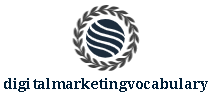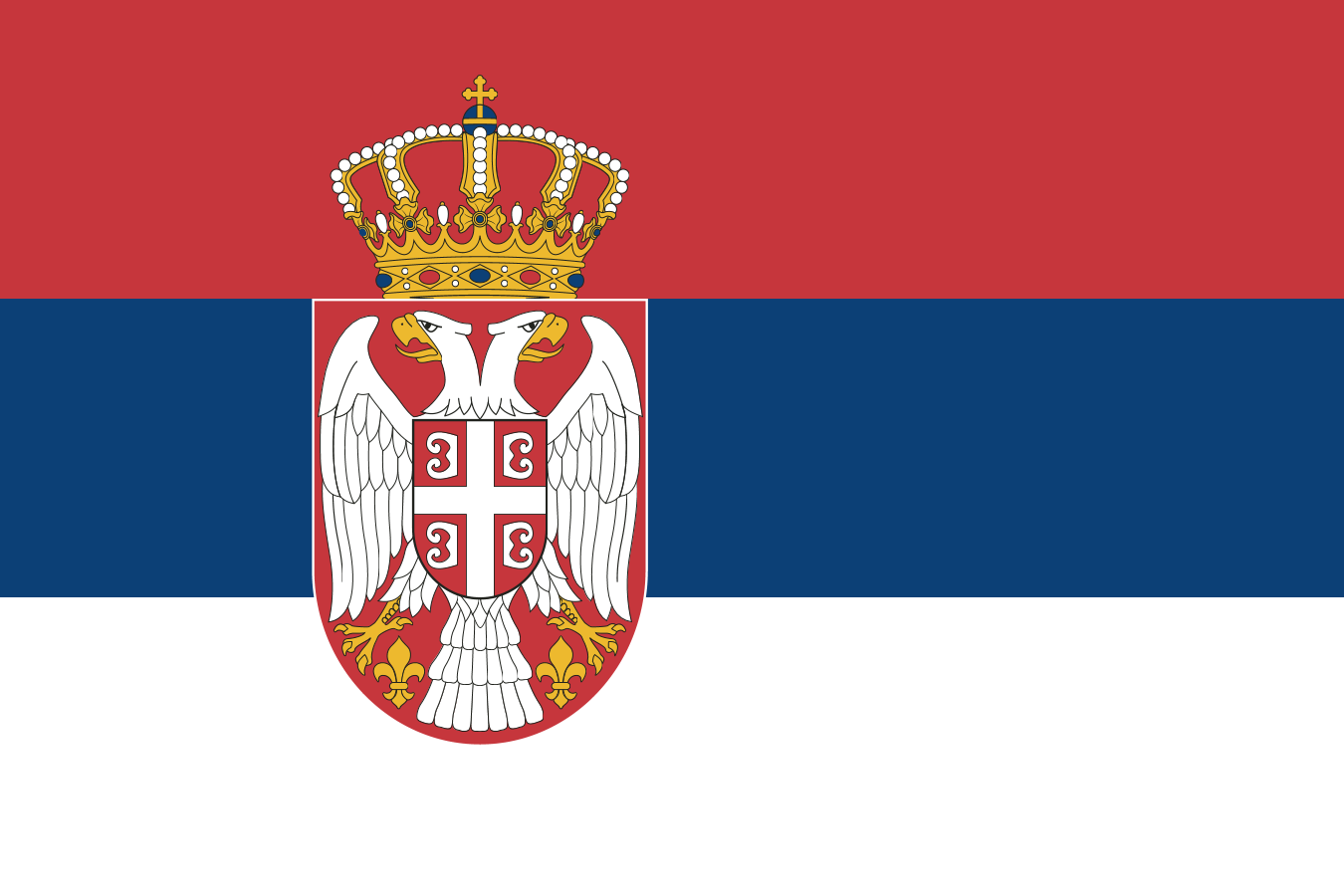What is B2C Marketing? An Essential Guide to Business-to-Consumer Strategies
B2C marketing refers to the strategies and tactics businesses use to promote products and services directly to consumers. It’s an approach that focuses on quick conversions, emotional and psychological triggers, and the end consumer's needs and desires. With the rise of digital marketing, B2C techniques have evolved to incorporate a range of online channels, including social media, email, search engines, and more.
Understanding B2C marketing is essential for any company looking to reach consumers directly. An effective B2C campaign is designed to build brand awareness, foster relationships, and drive sales through targeted messaging that appeals to the consumer’s lifestyle and preferences. It requires a deep understanding of consumer behaviors, preferences, and trends to craft campaigns that resonate on a personal level.
Executing B2C marketing strategies involves careful planning and analysis. Companies must constantly assess the effectiveness of their campaigns, gather consumer feedback, and leverage data to refine their marketing efforts. Personalization, customer experience, and creative content play crucial roles in engaging potential buyers, turning them into customers, and retaining them for repeat business.
Key Takeaways
- B2C marketing is directed at consumers to influence their purchasing decisions.
- Effective B2C marketing requires an understanding of consumer behavior and preferences.
- Successful execution relies on personalization, customer experience, and creative content.
Understanding B2C Marketing
B2C marketing targets individual consumers' needs, wants, and interests. Our focus on this section is to clarify what B2C Marketing is and how it differs from B2B marketing.
Defining B2C Marketing
B2C (Business to Consumer) marketing involves the strategies and tactics a company uses to promote its products and services to individual people. Unlike business-to-business (B2B), where the target audience is other businesses, B2C marketing focuses on personal consumers. These consumers decide independently or within small familial or friendship groups, often basing decisions on personal benefit. Successful B2C strategies may involve direct-to-consumer communications through various channels, such as:
- Social Media
- Email Campaigns
- Content Marketing
- Online and Television Advertising
- Endorsements and Sponsorships
B2C vs. B2B Marketing
B2C and B2B marketing differ greatly in terms of strategy, communication, and the sales cycle. We can summarize these differences succinctly:
|
Aspect |
B2C Marketing |
B2B Marketing |
|
Target Audience |
Individual consumers |
Other businesses, decision-makers |
|
Sales Cycle |
Typically shorter, impulsive |
Longer, based on relationships, and often requires approval from multiple individuals |
|
Purchasing Decision |
Emotionally driven, based on personal desire |
Driven by logic, potential ROI, and long-term benefits |
|
Communication Style |
Conversational, aims to entertain and engage |
Professional, focuses on educating about product value and efficiency |
B2C marketing employs more emotional and sentimental messaging, emphasizing benefits and lifestyle enhancements. In contrast, B2B marketing relies on building relationships and providing logical, evidence-based appeals to drive sales decisions.
Executing B2C Marketing Strategies
In executing B2C Marketing Strategies, we focus on leveraging digital platforms, crafting compelling campaigns, and managing consumer relationships to maximize reach and conversion.
Digital Marketing Channels
Our priority is to identify and utilize the most effective digital channels that align with our target audience's preferences. We often utilize:
- Social Media: Platforms like Facebook, Instagram, and Twitter for targeted ads and engagement.
- Email Marketing: Personalized emails to subscribers to inform and offer value.
- Search Engine Optimization (SEO): To ensure our website ranks high in search results.
- Pay-Per-Click Advertising (PPC): Google AdWords and Bing Ads for immediate traffic.
- Content Marketing: Blog posts, videos, and infographics to educate and entertain.
Through these channels, we can effectively reach and engage our consumers at different touchpoints in their online journey.
Creating Effective B2C Campaigns
Crafting B2C campaigns involves:
- Defining clear goals: Whether it's brand awareness, lead generation, or sales.
- Understanding our audience: Using data to segment and target effectively.
- Creating compelling content: That resonates with our audience and prompts action.
- Optimizing for conversions: Using A/B testing and analytics to refine campaign elements.
We ensure each campaign is tailored to the consumer's needs and preferences to drive meaningful engagement and results.
Customer Relationship Management
In managing customer relationships, our strategies include:
- Personalization: Leveraging consumer data to personalize communication and offers.
- Feedback Loops: Implementing mechanisms for customer feedback to inform our practices.
- Loyalty Programs: Rewarding repeated business to encourage retention and advocacy.
By prioritizing these areas, we can strengthen the relationship between our brand and our customers, fostering long-term loyalty.

 EN
EN DK
DK SR
SR DE
DE FI
FI